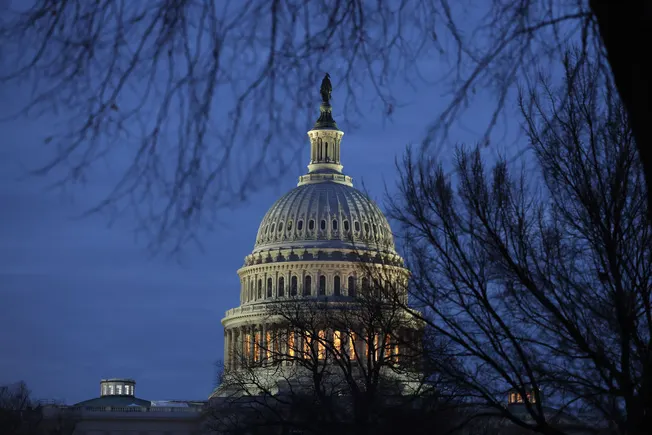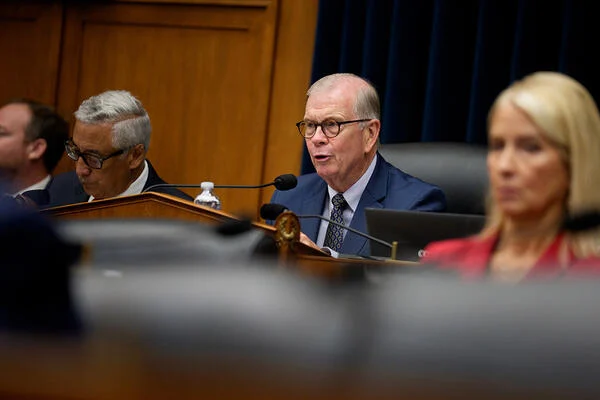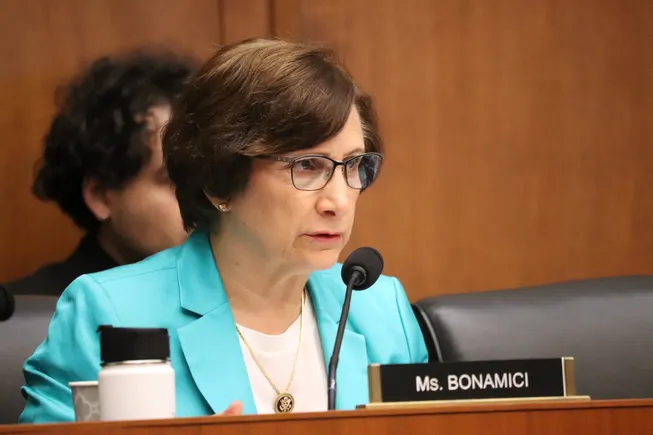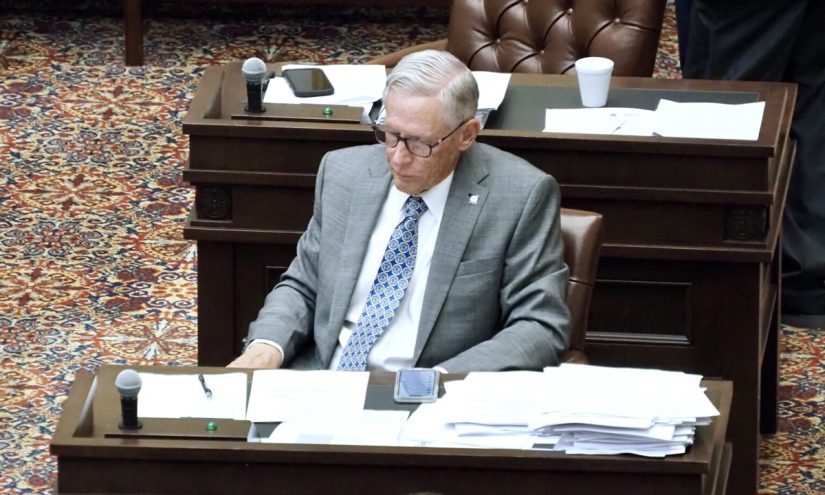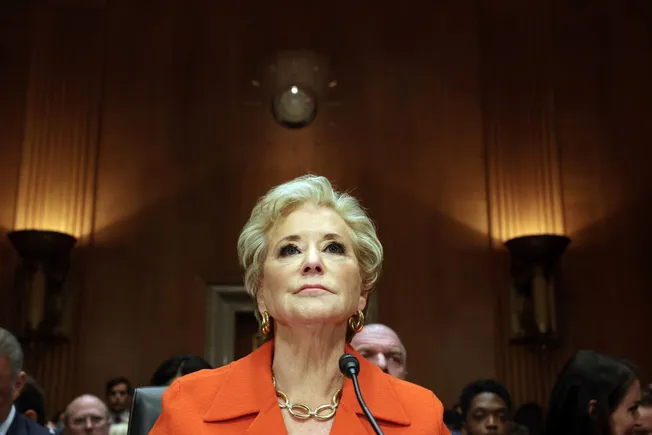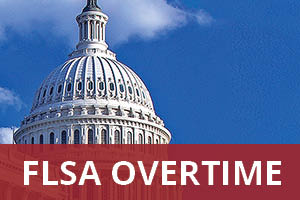Dive Brief:
- Senate lawmakers have engineered bipartisan fiscal 2026 spending proposals that would largely maintain scientific funding, defying the Trump administration’s calls for massive cuts to research.
- Budget bills released by Senate committees in recent days would provide $188.3 billion in total scientific research funding — 21.3% more than requested by the White House, according to an analysis published last week by the American Association for the Advancement of Science.
- However, legislators’ proposed research funding levels would still fall 3.6% below fiscal 2025 spending. The full Senate voted on Monday to advance the bills, teeing up a final vote. Congress needs to pass a budget by Jan. 30 to avoid another shutdown.
Dive Insight:
Since retaking office last year, President Donald Trump and his administration have pushed to downsize and disrupt the country’s longstanding system of scientific research, which for decades has relied on a financial partnership between the federal government and scientists, many of them attached to universities.
Headed into 2026, the Trump administration proposed broad-based cuts to the research. In all, it asked for $155.2 billion for scientific research — a 21% drop from fiscal 2025 levels — according to AAAS.
That figure obscures the depth of some agencies’ requested cuts. For example, the National Science Foundation under Trump asked Congress for a $3.9 billion budget — well under half its 2025 funding levels. Instead, the Senate’s appropriations committee on Thursday released an $8.8 billion budget for the NSF to “sustain U.S. leadership in scientific discovery.”
The Senate’s NSF proposal included investments in quantum information, artificial intelligence, regional innovation, and “critical” research facilities.
The Trump-appointed head of the National Institutes of Health requested $27.9 billion, a nearly 40% decrease from 2025’s $46 billion. The agency said the shrunken budget aimed to “maximize the impact of NIH research by streamlining processes and more efficiently providing funding.”
The Senate Appropriations committee rejected the administration’s proposal, instead advancing a $48.7 billion budget for NIH, according to Sen. Patty Murray’s office. Murray is the top-ranking Democrat on the committee.
“The bill rejects the Trump administration’s harmful efforts to defund and dismantle critical work that HHS oversees — maintaining important funding for programs across HHS that touch the lives of nearly every American, while providing targeted increases to important bipartisan priorities,” Murray’s office said in a bill summary.
While overall, Senate plans fall short of fiscal 2025 scientific research spending, its proposed $44.9 billion budget for basic research — which explores fundamental principles of nature and science — would tick up by 2.4% compared to last year, according to AAAS.
The provisional budget bill set to expire at the end of this month was a stopgap that ended the longest federal government shutdown in U.S. history.

